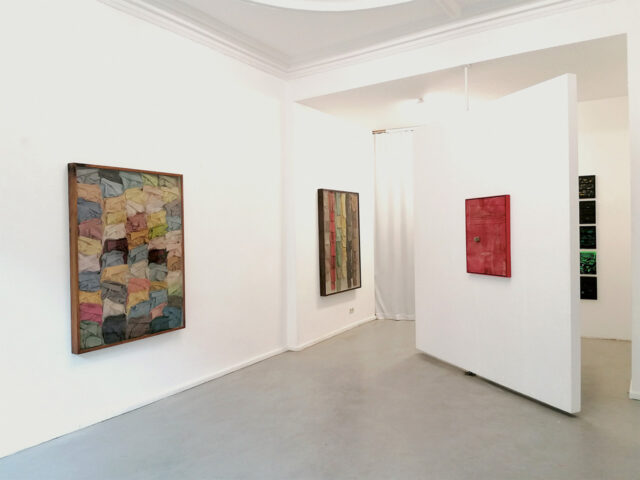An dieser Stelle muss betont werden, dass es auf diesem Gebiet noch viel zu entdecken gibt. Insbesondere in Bezug auf Künstler*innen und Kurator*innen, die nicht in Deutschland geboren sind und/oder die hiesige Sprache, Gewohnheiten und Bürokratie nicht gut beherrschen. Trotz der jüngst geschaffenen Fördermaßnahmen hat die überwiegende Mehrheit der Projekträume eine ungewisse Zukunft und ist weiterhin auf ehrenamtliche Arbeit und temporäre Räume angewiesen. Die Türen der Projekträume stehen für alle offen, der Eintritt ist frei und die geleistete Arbeit hat somit eine wichtige soziale Dimension. Das passt gut: Berlin war noch nie eine elitäre Stadt. Der Lockdown hat außerdem gezeigt, wie wichtig reale Begegnungen und der direkte Zugang zu den Werken sind. Für die Zukunft gilt es, die bestehenden Förderungen fortzusetzen und weiter zu verstärken, um eine größere Planungssicherheit zu gewährleisten und die oft unsichtbare, aber unverzichtbare ehrenamtliche Arbeit für die ordnungsgemäße Durchführung von Veranstaltungen auf ein Minimum zu reduzieren.Kunst kann fast alles, muss es aber nicht. Heute arbeiten wir in einem neoliberalen Turbokapitalismus, der an seine absoluten globalen Grenzen gekommen ist. Ohne künstlerische Arbeit wird es keine nachvollziehbare Übersetzung der jetzt NOTwendigen sozial-ökologischen Transformationsprozesse der westeuropäisch geprägten Industriegesellschaften geben.Unsere Miete hat sich mehr als verdoppelt.

